| Around this time last year, I was 10,000 words short of finishing the first draft of a dystopian novel provisionally entitled Snowflake, but failed to meet my overambitious target of getting it done before my “summer break”. Almost a year on, although I’ve done a fair amount ofsome editing, I still haven’t written those final scenes. Aside from the usual dose of self-doubt, two things have held me back: one about plot, the other about genre. How do I get my characters in and out of the cave? With a fourteen-year-old narrator, ought I to position this novel as YA? |
Welcome
I started this blog in 2013 to share my reflections on reading, writing and psychology, along with my journey to become a published novelist. I soon graduated to about twenty book reviews a month and a weekly 99-word story. Ten years later, I've transferred my writing / publication updates to my new website but will continue here with occasional reviews and flash fiction pieces, and maybe the odd personal post.
|
14 Comments
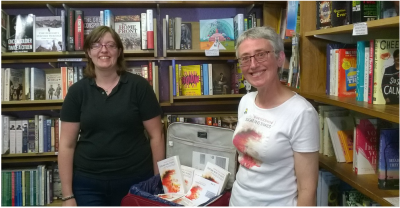 at Bakewell bookshop last month at Bakewell bookshop last month As I’ve been out and about talking about my novel, I’ve been surprised to meet – in stark contrast to the predominant aversion to spoilers – a couple of people who like to look at the ending, perhaps the last couple of paragraphs, before turning to the first page. Now, I like the ending of Sugar and Snails, although it’s been suggested that some might find the issues insufficiently resolved. (I do get asked if I’m planning to write a sequel!) Because it tells of a destination rather than the journey, I don’t think reading it in advance would constitute a spoiler (although, prattling on at one talk about how I was pleased with the ending, I did have a friend tell me afterwards she thought my ending wrapped things up too much). In between celebrating my book’s first birthday – and finding the clichéd book-as-baby metaphor more apt than ever – I’ve had the pleasure of reading three novels about the begetting of real human babies: a debut scientific thriller from England; a second gritty comedy from Scotland; a third novel in the literary genre from the USA. As if the authors have responded to a writing prompt to bring a novel angle to “having” a baby, there should be something for everyone in this selection. If you’d like to recommend any others, you can do so via the comments.
Humans are social creatures, and the social systems we create can serve as both help and hindrance. Bullying is one of the more disturbing things that can happen when we gather together, but the dark side of human nature can catalyse engaging fiction. In Bone by Bone, childhood bullying is at the core of the novel, while in Hush it’s a consequence of a family trauma, but both make for gripping reads. On a lighter note, I’ve followed these too short reviews with a memory of a more positive aspect of human association, the childhood crazes from which no-one is excluded.
 Writers of fiction and creative non-fiction know the value of metaphor. So you might be interested in recent research by Adam Fetterman and colleagues suggesting that life is different for people who think in metaphors. Having developed a means of measuring metaphoric thinking style among students, they found that people rate neutral words as more pleasant when they’re printed in a white font than in a black one (evidently, none of their subjects had ageing eyes which renders light print virtually impossible to read); that among those prone to metaphorical thinking, the more sweet food they’d eaten, the more sweet their interactions with others (presumably within limits, I’m not terribly sociable if I’m feeling sick); and that those with a stronger metaphoric thinking style showed greater insight into the emotions of others. As you can see, aside from the fact that many metaphors are actually clichės, I’m a little sceptical about this research but, not having read the full report in the Journal of Personality and Social Psychology, I’m not in a position to argue.
 As Valentine's Day approaches and the adverts for flowers, chocolates, romantic getaways – and even adopt-a-veg – ping into my inbox, my thoughts drift to romance. Okay, I’m lying. In truth, my thoughts recoil from the frill and froth, the commodification of love. I can’t deny that Valentines can be a lot of fun at a certain stage of life or relationship, but grown-up love is too complex to wrap up once a year with a boxed card with a satin padded heart. Or maybe I’m too much of a cynic? 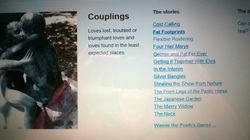 In my own writing, the dozen or so short stories about couples I’ve published would constitute an unlikely bunch of red roses. Similary, scanning my bookshelves for novels to mark the big day, nothing jumps out at me as pure romance. Pride and Prejudice earns its place as witty social history (or small-scale politics, or even horror, in its depiction of a world where women had no status independent of the men who held the purse strings); its modern counterpart Bridget Jones was consigned to the Oxfam shop before she could bore me with another instalment of her hopeless diet. I’m not against the boy-meets-girl story, but I want a novel to engage my head as well as my heart. So it’s no to romance as genre, and a big maybe to romance as plot. Yet, looking closer, those romantic subplots keep drawing me in. Perhaps I’ve got a heart after all. Is there a type of novel that particularly benefits from having romance sewn into the weave? Romance makes the darkness a little lighter  Any writer submitting her work for publication is supposed to know which genre tick-box it fits. Lucky for me, the rules aren’t so rigid for short stories, as I’ve got a fair few wacky ones I’m not sure how to categorise. My novels are literary-commercial but my short stories vary with the weather and/or my mood. Many are darkly serious, but there’s a smattering of lighter stuff, and sometimes I even raise a laugh. I also have a growing collection of stories which step outside real-world logic, and I don’t know what to call them. Launching my virtual annethologies page at the end of last year was my cue to try and sort them out. The absence of a proper nomenclature didn’t matter so much when there was only Tamsin, the woman who woke up on the morning of her wedding to find her neck had grown as long as her arm. Then Selena started being stalked by unnaturally large footprints and plastic took over Jim’s allotment, not to mention Adam waiting in the wings for his publication call. But now Sam, an ordinary soldier in a time warp where all the wars of the past century are happening simultaneously, has made his debut, I’m duty bound to give more thought to where they all belong. The what-if nature renders these stories speculative, although without an entire alternative scientific or mystical world they don’t qualify as sci-fi or fantasy. For want of an alternative, I’ve been labelling them slipstream, a position midway between speculative and literary, with elements of strangeness and otherworldliness. The word feels right for that gentle slip-sliding into another stream of possibility, another dimensional laid across the familiar world. All fiction asks readers to suspend disbelief to a certain extent; slipstream, as I’m choosing to interpret it, asks them to go a step further, not only to care about made-up characters as if they were real people, but to accept a situation where a single law of physics or history or biology has been turned on its head. By my reckoning, The Time Traveler’s Wife meets slipstream criteria, as does Never Let Me Go, both novels where critics have disagreed over genre. After all, we can’t slip physically back and forth in time to revisit different versions of ourselves (although we all do that in our minds). And, the demonisation of the poor and disadvantaged notwithstanding, people aren’t cloned simply to furnish body parts for the elite. Well, what do you think? Is slipstream a genre with which you are familiar and, if so, what does it mean to you? Does genre matter anyway? And do share your thoughts on Sam’s desire to be a hero if you can. |
entertaining fiction about identity, mental health and social justice
Annecdotal is where real life brushes up against the fictional.
Annecdotist is the blogging persona of Anne Goodwin:
reader, writer, slug-slayer, tramper of moors, recovering psychologist, struggling soprano, author of three fiction books. LATEST POSTS HERE
I don't post to a schedule, but average around ten reviews a month (see here for an alphabetical list), some linked to a weekly flash fiction, plus posts on my WIPs and published books. Your comments are welcome any time any where. Get new posts direct to your inbox ...
or click here …
Popular posts
Categories/Tags
All
Archives
March 2024
BLOGGING COMMUNITIES
|
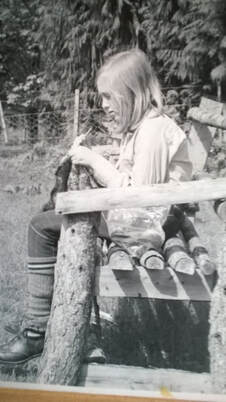
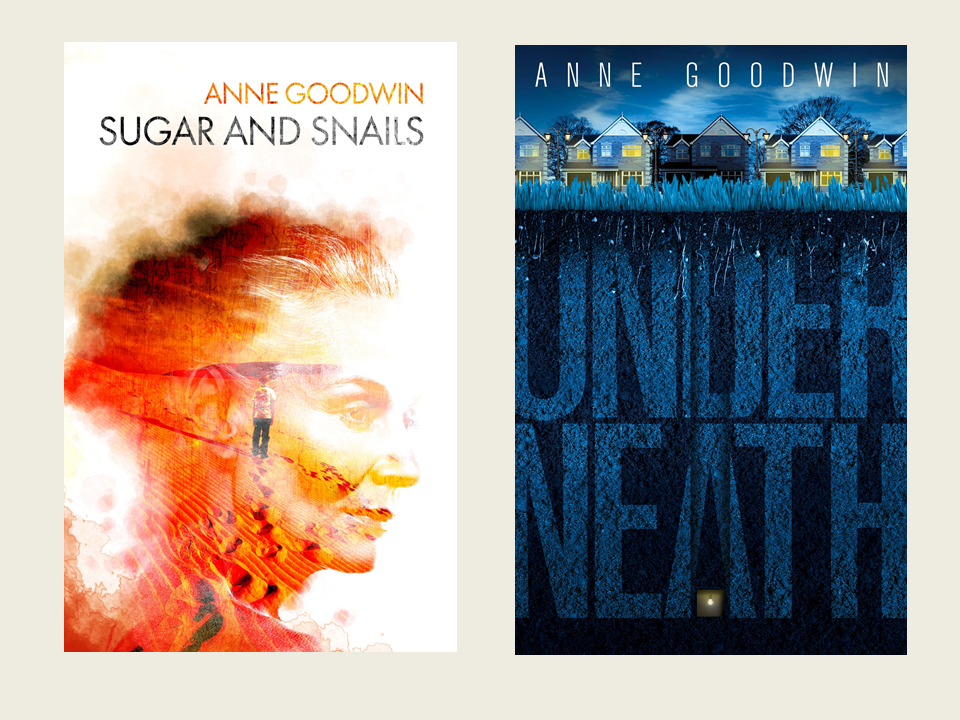

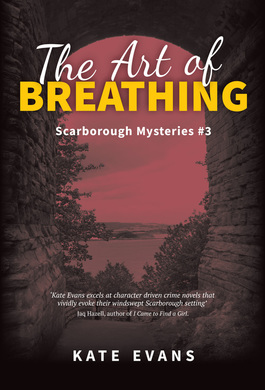
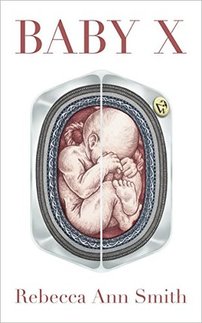
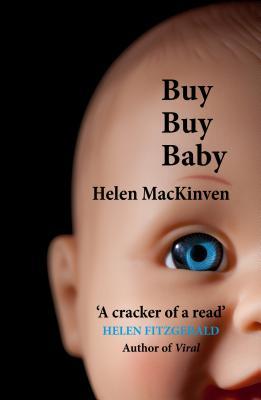
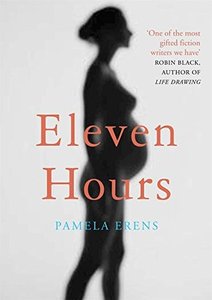

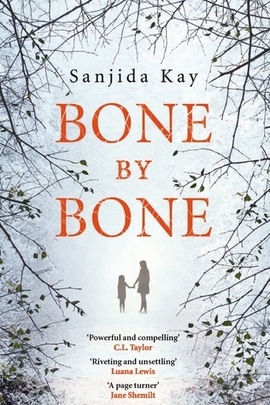
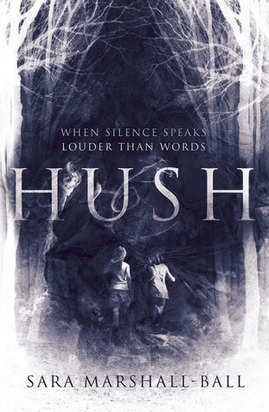
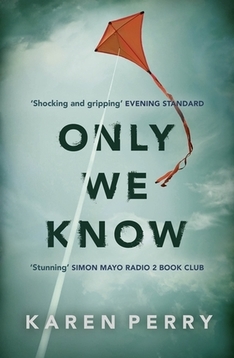





















 RSS Feed
RSS Feed





















